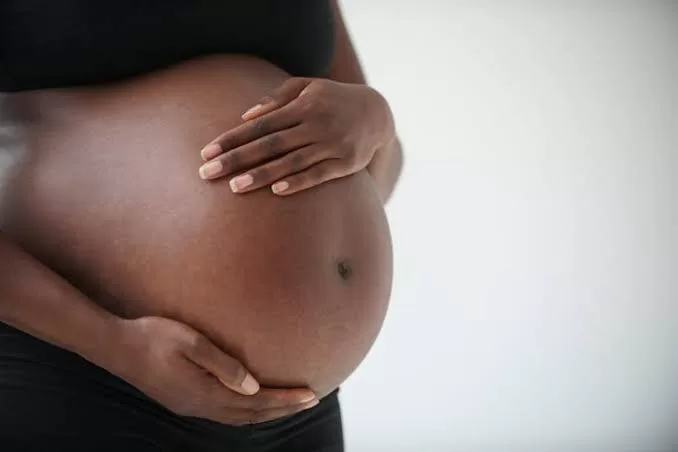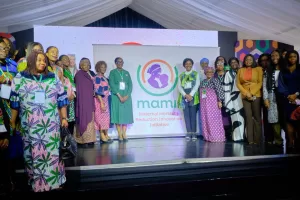The Federal Ministry of Health has launched a landmark initiative aimed at providing free cesarean sections for poor and vulnerable women across Nigeria, as part of efforts to reduce maternal and newborn mortality rates in the country.
The announcement was made by the Coordinating Minister of Health and Social Welfare, Prof. Muhammad Pate, at the ongoing three-day Nigeria Health Sector-Wide Joint Annual Review (JAR) in Abuja on Thursday.
The initiative, named the *Maternal Mortality Reduction Innovation Initiative* (MAMII), is set to cover the costs of cesarean sections for women in need, particularly those who face financial barriers to accessing such life-saving procedures.
In a tweet posted on the official X handle of the Federal Ministry of Health and Social Welfare, it was revealed that Prof. Pate had declared, “In a powerful move, Coordinating Minister @muhammadpate just announced that Caesarean Sections for all Nigerian women who need them will now be FREE!”
READ ALSO: FG Launches Financial Protection Initiative for uninsured Nigerians
During his address, Prof. Pate emphasized that no woman should lose her life simply because she cannot afford a cesarean section.
“No woman should lose her life simply because she can’t afford a C-section,” he said. “By removing financial barriers to this life-saving procedure, we ensure that no woman in need is denied critical care due to cost.”
According to the minister, the MAMII initiative is a response to the alarming maternal mortality rate in Nigeria, which remains one of the highest in the world. He pointed out that 172 local governments account for over 50% of maternal deaths in the country, underscoring the urgent need for targeted intervention.
“Maternal mortality remains unacceptably high, with 172 local governments contributing to over 50% of maternal deaths,” he noted.
The program will focus on areas with the highest maternal and newborn mortality burdens, leveraging resources to ensure that women in these regions have access to the care they need.
The National Health Insurance Authority (NHIA), in collaboration with the National Primary Health Care Development Agency (NPHCDA) and state health insurance agencies, will manage the reimbursement process, ensuring the sustainability of the initiative across both public and private healthcare facilities.
In his statement, Prof. Pate highlighted the role of community health workers in the success of the initiative.
These workers, who are part of President Bola Ahmed Tinubu’s plan to onboard 120,000 additional health workers, will be crucial in educating communities about the importance of maternal care, antenatal services, and the availability of free cesarean sections.
“Community health workers play a crucial role in this mission, acting as vital links between families and the healthcare system, especially in rural and underserved areas where accessing healthcare facilities remains a challenge,” he said.
“In these same areas, the National Emergency Medical Service and Ambulance System has been revitalised to provide timely transport for emergencies, bridging a key gap in both maternal and newborn care.”
Prof. Pate also expressed his gratitude to the development partners who have supported the initiative, stressing that their resources and expertise have been essential in shaping the program.
“Their commitment exemplifies a shared dedication to health equity and the well-being of every Nigerian,” he stated.
The minister called on all stakeholders—including state governors, healthcare leaders, and community members—to actively support the success of the MAMII initiative.
“Together, we are building a future where no mother or child is left behind in accessing the quality, affordable care they deserve,” he added.
Through this initiative, the Nigerian government aims to address key barriers to maternal and newborn care by expanding access, particularly in underserved communities, and providing financial relief to those who would otherwise be unable to afford critical medical procedures.
MAMII is seen as a bold step toward improving Nigeria’s healthcare system, ensuring that all women—regardless of their financial status—receive the care they need to survive childbirth and contribute to a healthier future for their children.


